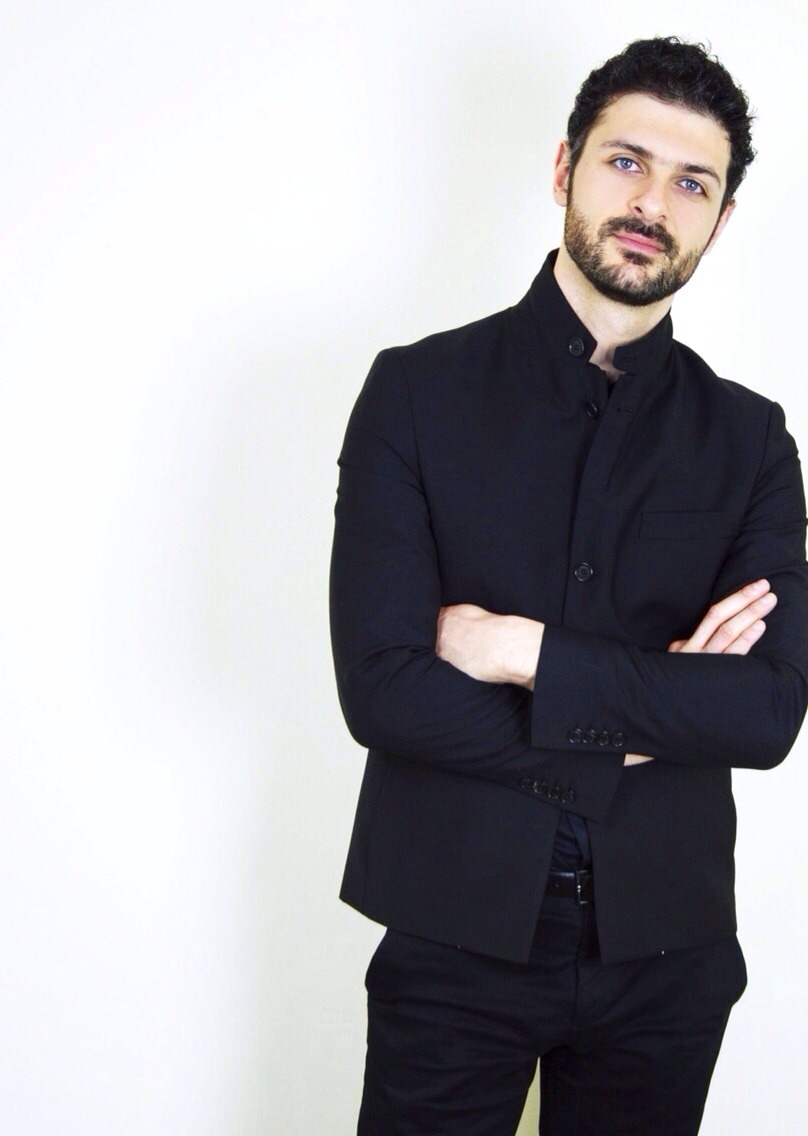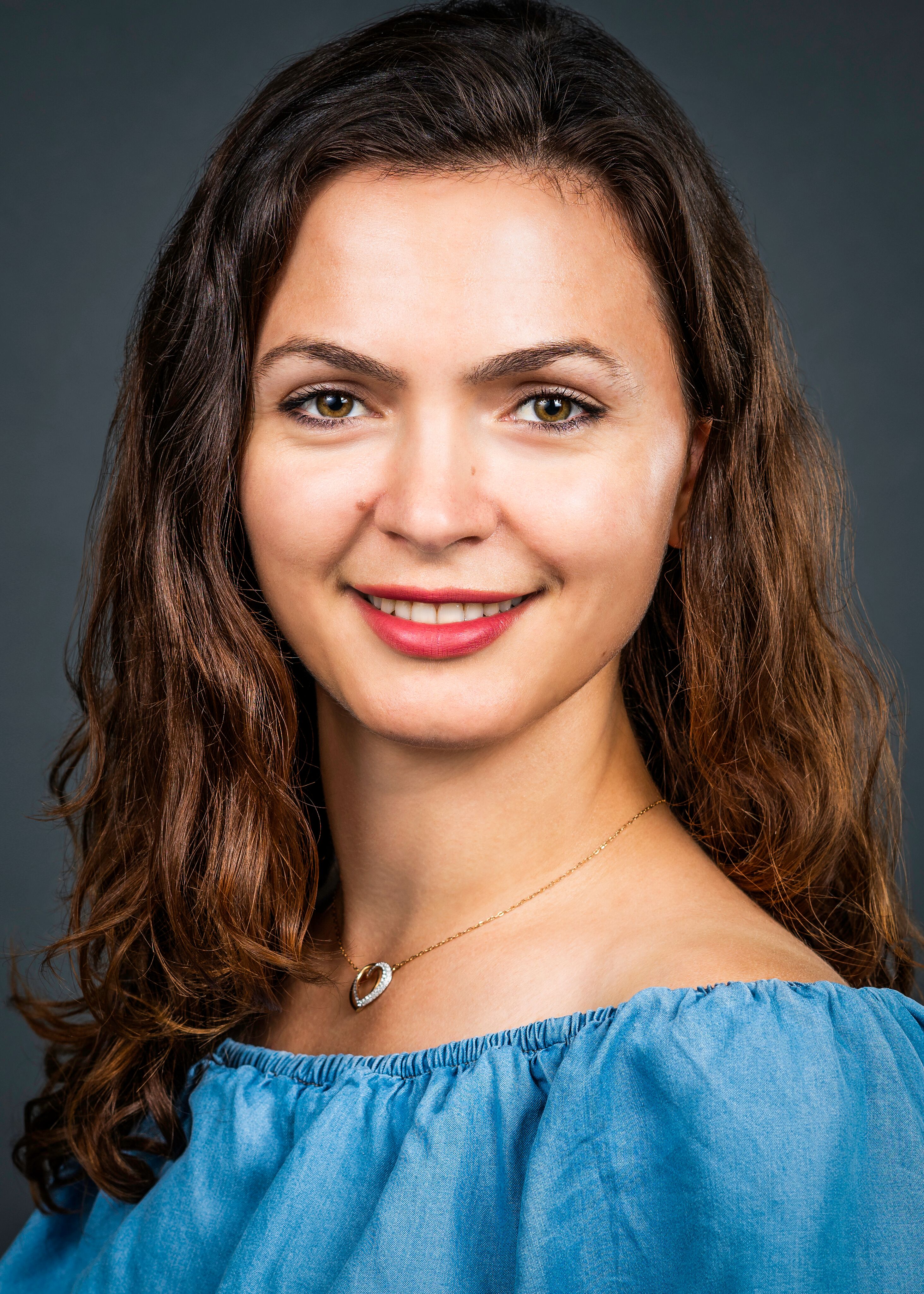
Lis Cena: Kosovo rising
By: Nol Sahatçiu May 25, 2015
Peja-born, Nushi-raised, New York-based. Lis Cena is Kosovodiaspora’s persona of today.
The following is an exclusive interview with Lis for KosovoDiaspora.
Why architecture?
I have been immersed in architecture for so long; architecture is what I feel and think. I believe in building, and I believe in the power of making. I believe that bricks, stone, wood, concrete, glass, have a life of their own, and I believe that I can sculpt a expression of this life. Making a house, and making a city are the same exercise for me; they engage an understanding of how we live and what it means to transform this life as we evolve in our complex and rather difficult world. I believe the architect is a master of poetry, painting, sculpture, music and language: I feel a deep passion for each of these disciplines of thought and I cannot imagine them to be separate from one another – for this reason I am an architect.
Where does inspiration come from?
Inspiration comes from within, however, I do not believe inspiration belongs exclusively to the spiritual realm; for me inspiration is borne out of intellect. To be inspired I must engage either my eyes or my ears; a painting, a color, a sound, a building, a conversation. Beauty inspires, but I understand beauty as the expression of the strange and the unusual, the provocative – not the simple, silent and the symmetrical. The beauty of Rosy de Palma is most inspiring to me!
Why teaching?
I feel teaching is an obligation. I was raised by my grandfather, a great teacher and thinker, who instilled in me the thirst and desire for knowledge, as well as an understanding of learning as a way of life. I would not be able to live without a constant cultivation of the mind. I have been very fortunate to study with and be inspired by great teachers, who have helped me realize that my education is a result of conversations, discussions, confrontations and exchanges between cultured and educated minds. In that spirit I continue to fuel this same model of existence as I believe I have much to share with others.
What is natural?
To think out-loud. To talk to yourself. To question, to disagree. To admire and resent. To seek pleasure. To appreciate the absurd. To long for laughter. To feel indignation.
Where is love?
Love is elusive. To understand it means to constantly search for it. I often find it and lose it.
How do you stay sane?
Playing the piano, but, once entranced by the music I make, I dive into a madness of the subconscious. I often feel thirst for this kind of madness. It is an intoxication that to me symbolizes the spiritual sentiment. Music is my spirituality and I find comfort in the pleasures and evocations it provides me.
Is it necessary to be sane?
No! Sanity, or rather the lack of some level of intellectual and emotional discomfort, creates sedentary thinkers. Sanity is the end of culture!
What is God?
God belongs to the power of imagination. It is untouchable and unattainable; it is not spiritual, it is not material – it belongs to that which people do not understand or to that which they refuse to understand. In ancient Egypt it lies beyond our world, and its presence is felt through the sun. In Greek temples it resides beyond the horizon; the temple aligns itself to the horizon to address the vast space between its presence and the people who worship its absence. In medieval cathedrals God is in the echo of our voice reflected from the towering vaults and domes of stone. God is an invention of the poet – architecture, music, painting, sculpture rise from poetry. But god is also the perversion of the ignorant mind: this creates religion, and religion creates a world without poets.
How can we best listen to music?
By suspending our ears somewhere between our minds and our hearts.
Are we here to be or to do?
I don’t see these two modes of existence as mutually exclusive. But I can say with certainty that being without doing does not have any meaning to me.
For more on Lis please check: http://linkd.in/1AsRlvq










